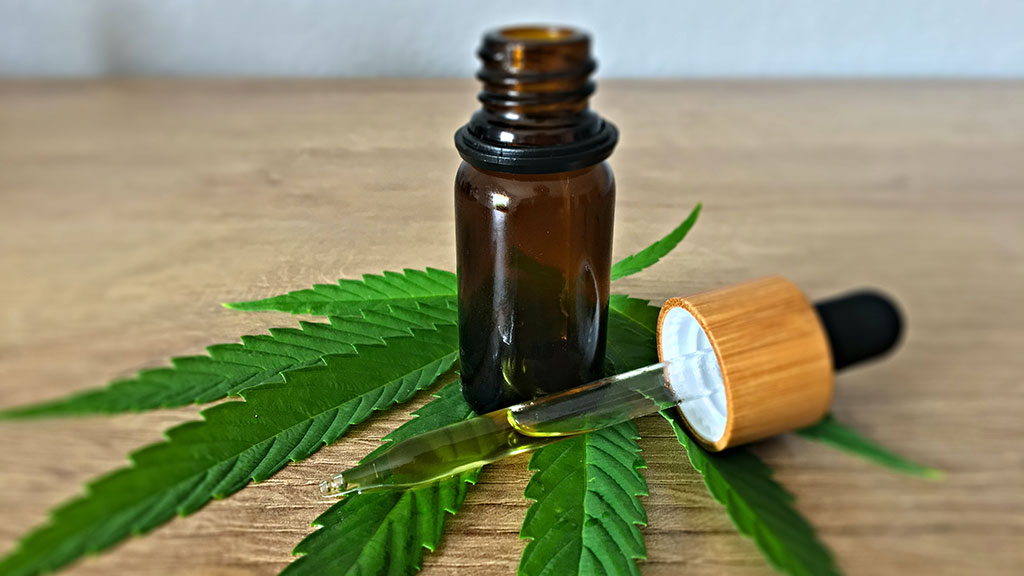Table of Contents
Medical cannabis is a topic that has gained significant attention in recent years due to its potential therapeutic benefits and legalization in many parts of the world.
Cannabinoids, the active compounds found in cannabis, are central to the plant’s medicinal properties.
This article will discuss what you need to know about cannabinoids, including their types, potential health benefits, and considerations for their use.
Amnesia Weed UK
Amnesia Weed is a popular strain of cannabis known for its potent effects and distinct aroma. It is renowned for its high THC content, which can provide intense euphoria and relaxation. This strain is widely used in the UK for its potential medicinal benefits, including pain relief, stress reduction, and mood enhancement.
If you are interested in trying Amnesia Weed UK, be sure to consult a healthcare professional and check local laws to ensure you are using it safely and legally.
Understanding Cannabinoids
Cannabinoids are chemical compounds found in cannabis plants that interact with the body’s endocannabinoid system (ECS). The ECS is a complex cell-signaling system that plays a key role in regulating various physiological processes such as mood, appetite, pain, immune function, and more.
Types of Cannabinoids
There are over 100 different cannabinoids found in cannabis, but the most well-known are:
- THC (Tetrahydrocannabinol): THC is the primary psychoactive compound in cannabis, responsible for the “high” sensation. It can provide relief for conditions such as pain, nausea, and insomnia.
- CBD (Cannabidiol): CBD is a non-psychoactive cannabinoid known for its potential therapeutic effects, including anti-inflammatory, anti-anxiety, and anticonvulsant properties. CBD does not produce a “high” and is often used for medicinal purposes.
- CBG (Cannabigerol): CBG is known as the “mother of all cannabinoids” because it serves as a precursor to other cannabinoids. It may have anti-inflammatory and neuroprotective properties.
- CBN (Cannabinol): CBN is a minor cannabinoid that is often formed when THC ages. It is known for its sedative effects and may be helpful for sleep disorders.
- THCV (Tetrahydrocannabivarin): THCV is another minor cannabinoid that may have appetite suppressant and anti-diabetic properties.
Potential Health Benefits
Medical cannabis, particularly the cannabinoids THC and CBD, has been studied for its potential to treat various medical conditions:
- Chronic Pain: Cannabis has been found to provide relief from chronic pain, particularly for conditions such as neuropathy, arthritis, and fibromyalgia.
- Epilepsy: CBD has been shown to reduce the frequency and severity of seizures in some patients with epilepsy, including those with treatment-resistant forms.
- Anxiety and Depression: CBD may have anxiolytic and antidepressant effects, providing relief for individuals suffering from these conditions.
- Nausea and Vomiting: THC is effective in reducing nausea and vomiting, particularly in cancer patients undergoing chemotherapy.
- Sleep Disorders: Both THC and CBD may help improve sleep quality and duration for individuals with insomnia or other sleep disorders.
- Inflammation: CBD and other cannabinoids have anti-inflammatory properties, which may be beneficial for conditions such as inflammatory bowel disease (IBD) and autoimmune disorders.
- Multiple Sclerosis: Cannabis may help reduce spasticity and muscle pain in individuals with multiple sclerosis.
Considerations for Use
While medical cannabis can offer potential benefits, there are important considerations to keep in mind:
- Legal Status: The legality of medical cannabis varies by country and state. It is essential to understand the laws and regulations in your area before considering its use.
- Dosage and Administration: The appropriate dosage and method of administration can vary depending on the individual’s condition and the type of cannabinoid used. Consulting a healthcare professional with experience in medical cannabis is important for determining the right approach.
- Side Effects: While cannabinoids are generally considered safe, they can cause side effects such as dry mouth, dizziness, fatigue, and changes in appetite. THC may also cause psychoactive effects that can impair cognitive function and coordination.
- Drug Interactions: Cannabinoids can interact with other medications, including blood thinners and certain antidepressants. It is crucial to discuss potential interactions with a healthcare provider.
- Quality and Safety: Due to the lack of standardized regulations in some areas, the quality and safety of cannabis products can vary. Look for products that have been tested by third-party laboratories to ensure purity and potency.
- Tolerance and Dependency: Long-term use of medical cannabis, particularly products high in THC, may lead to tolerance, requiring higher doses to achieve the same effect. Some individuals may also develop a dependency on cannabis.
- Mental Health Risks: High doses of THC can exacerbate or trigger mental health issues such as anxiety and psychosis in some individuals. CBD, on the other hand, is generally considered safe and may have anxiolytic effects.
Conclusion
Medical cannabis and cannabinoids offer promising therapeutic potential for a variety of medical conditions. However, it is essential to approach their use with caution, considering legal, medical, and safety factors.
Always consult with a healthcare professional experienced in medical cannabis before starting any treatment to ensure safe and effective use. By understanding the various cannabinoids and their potential benefits and risks, individuals can make informed decisions about incorporating medical cannabis into their healthcare regimen.





